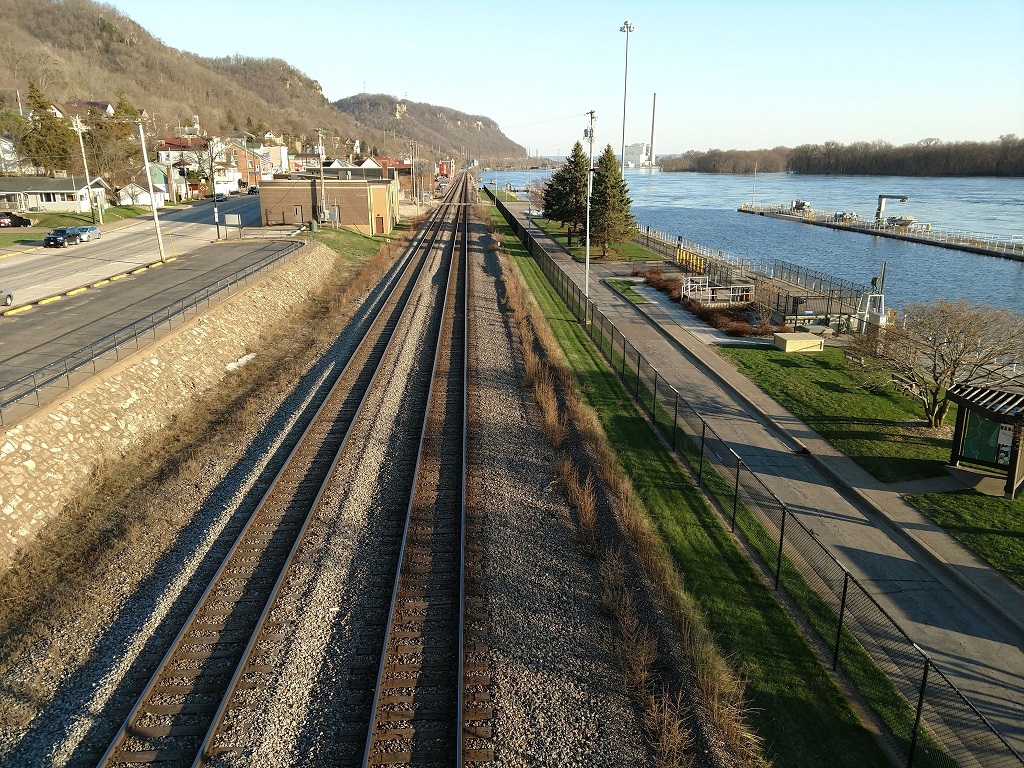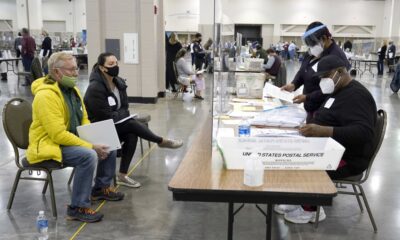Politics
Congressman Kind pushes Moving Forward Act, a $1.5 trillion investment in infrastructure

As the nation looks for a future past COVID-19, Congressman Ron Kind (D-La Crosse) pushed the Moving Forward Act as a way to rebuild American infrastructure.
“I couldn’t think of a more timely or important piece of legislation to be working on anticipating us emerging from this virus and putting us on the path for a strong economic recovery,” Kind said.
The Moving Forward Act is a more than $1.5 trillion plan to rebuilt roads, bridges, transit, schools, housing, broadband, and more. Kind called it the largest investment in infrastructure in more than 15 years. The act passed the House of Representatives on July 1.
“As a nation, this will lay the groundwork for sustained, long-term economic growth along with the good-paying jobs that would come with it,” Kind said.
He acknowledged the importance of investing in roads in areas of Western Wisconsin that have repeatedly been hit with flood damage. Wisconsin DOT Secretary Craig Thompson said in the last decade, the state’s infrastructure has deteriorated.
“We’ve had our people very busy along with locals in western areas from Hayward down,” Thompson said. “We are working with washed-out roads and culverts and trying to rebuild them as fast as we can. “We need to take a look at this in a way that is not just simply rebuilding it to be washed out again.”
Thompson was pleased with where transportation funds stood in the state’s biennial budget but explained federal funding represents about 25 percent of the overall state budget for transportation.
“When we look at our roads, it is more than 40 percent of those,” Thompson said. “Now with the pandemic hitting, it becomes even more critical that we look at how we are going to come out of this pandemic and the economic stress.”
The Wisconsin DOT has been ample to keep projects moving along, according to Thompson. The 371 that were planned for 2020 are moving forward with nearly 150 active now.
“But without some federal help, the next fiscal year is going to be difficult just to meet the standards that we already set in the last budget, not to mention try to stimulate this economy and move it forward,” Thompson said.
The Coronavirus has put an increased emphasis on expanding broadband in rural areas as more students and employees work from home.
“It is a $100 billion commitment to close that digital divide wherever it exists and the educational and economic inequities that are flowing from it,” Kind said. “We can’t afford that to be competitive as a nation or a state moving forward.”
He was especially optimistic about opportunities in telemedicine.
Additionally, Kind pointed to tax credits for the development of renewable energy sources including solar and geothermal.
“We see these blossoming here in Wisconsin and taking root throughout the entire country,” Kind said.
He said President Donald Trump was interested in the legislation and Kind was hopeful discussions can continue on a bipartisan basis.







